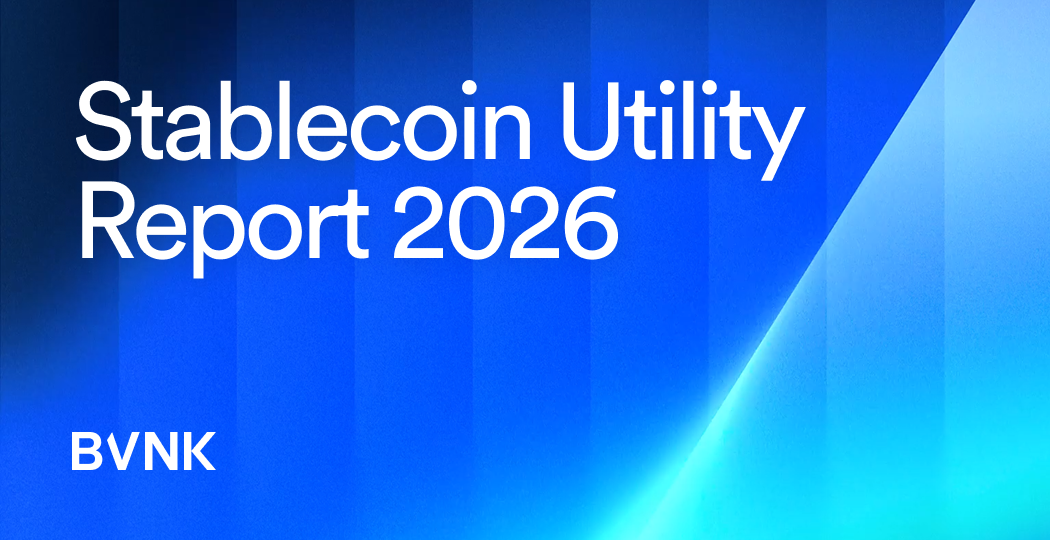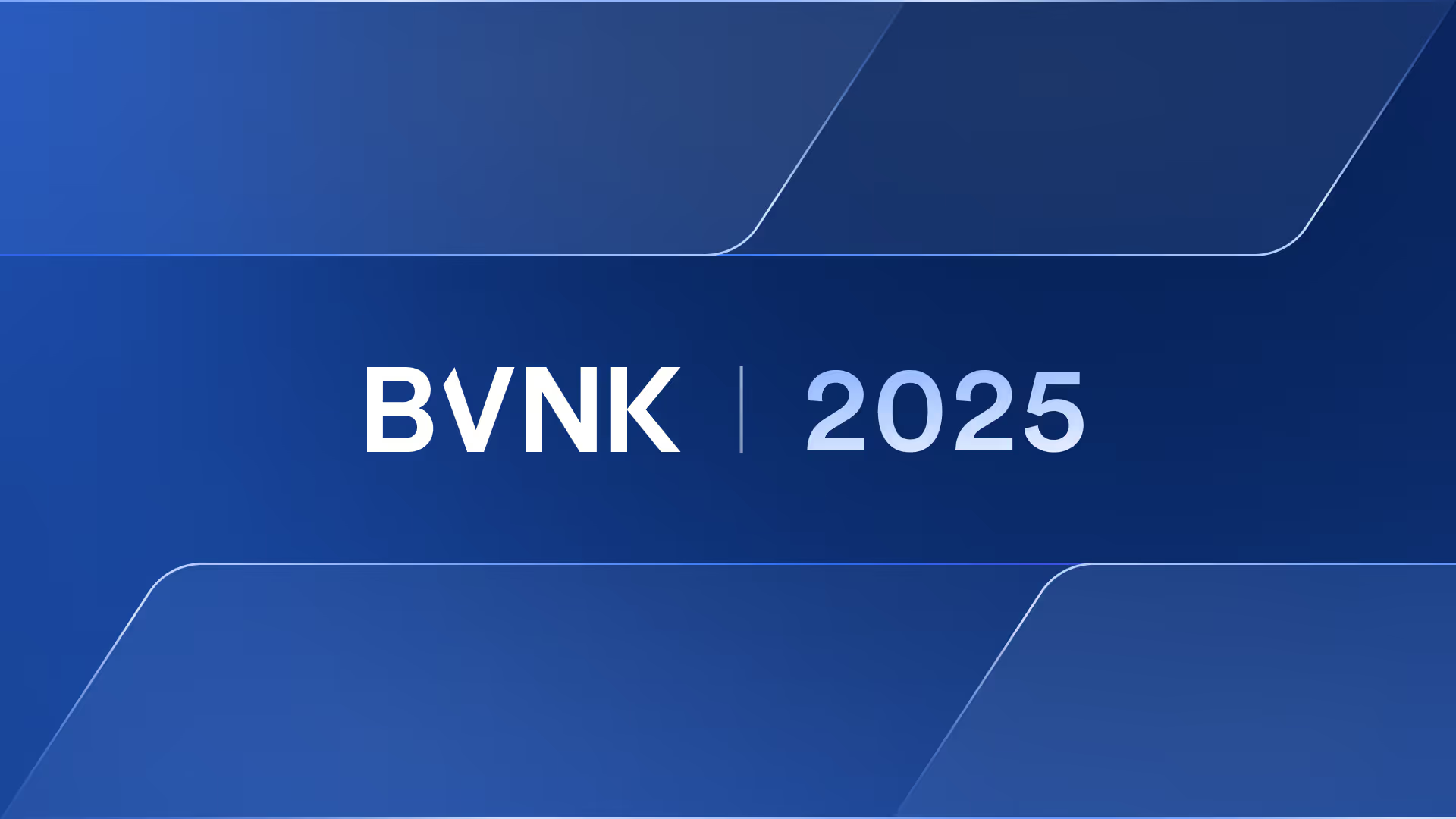Faster Payments Scheme: a quick guide to business-to-business transactions
We break down the advantages and disadvantages of the Faster Payments Scheme, focusing on business-to-business (B2B) transactions.
What is the Faster Payments Scheme?
The Faster Payments Scheme (FPS) is a UK-based payment system that enables businesses and individuals to make quick and secure bank transfers online. Faster Payments is widely used for both high and low-value transactions and is a popular payment method for businesses looking to make fast payments to suppliers, employees, and other parties.
Why choose Faster Payments?
Speed and Convenience
The main advantages of Faster Payments are speed and convenience of transactions. FPS transactions are processed within a matter of hours, often in just a few minutes, meaning that the recipient can receive the funds on the same day as the transfer is initiated. Furthermore, Faster Payments allows businesses to make and receive payments 24/7, 365 days a year, providing greater flexibility and convenience.
Lower Cost
Another key advantage of Faster Payments is the lower cost of transactions. Unlike other payment methods, such as CHAPS, Faster Payments does not require a fee, or on average it is much lower than CHAPS or BACS. This makes it an attractive option for businesses that want to reduce their payment processing costs, especially for smaller value transactions.
Increased Security
Faster Payments is considered to be a secure payment system, with transactions being protected by robust security measures, such as encryption and two-factor authentication. This can provide businesses with a greater level of confidence in making and receiving payments and can help reduce the risk of fraudulent activity.
Drawbacks of Faster Payments
Limitations on Payment Amounts
One of the disadvantages of Faster Payments is that there are limits on the amount that can be transferred in a single transaction. The limit is currently set at up to £1m per transaction, which may be insufficient for some B2B transactions. In such cases, other payment methods, such as CHAPS, may be more suitable.
Potential for Errors
Like any payment system, there is a potential for errors to occur with Faster Payments. If an error occurs during the transaction, it can be difficult and time-consuming to rectify. This can be particularly problematic for businesses that need to make urgent payments.
Limited Availability
Another potential disadvantage of Faster Payments is that not all banks offer the service, which may limit the number of businesses that can use the system. Additionally, some banks may have specific criteria that need to be met before they allow businesses to use the service. You can see a list of current Faster Payments participant here.
How are CHAPS and Faster Payments different?
CHAPS
- No payment limit
- Same-day settlement, if it is submitted by the bank's cut-off time
Faster Payments:
- Maximum transfer limit up to £1m
- Settlement times are within minutes
Interested in B2B payments?
Overall, Faster Payments is a useful payment system for businesses, particularly for medium sized transactions that need to be completed quickly.
To read more from this series check out the following articles:
Need access to the biggest UK and European payment schemes? Get in touch with our experts
Latest news
View allGet payment insights straight to your inbox







.avif)



.avif)
.avif)





